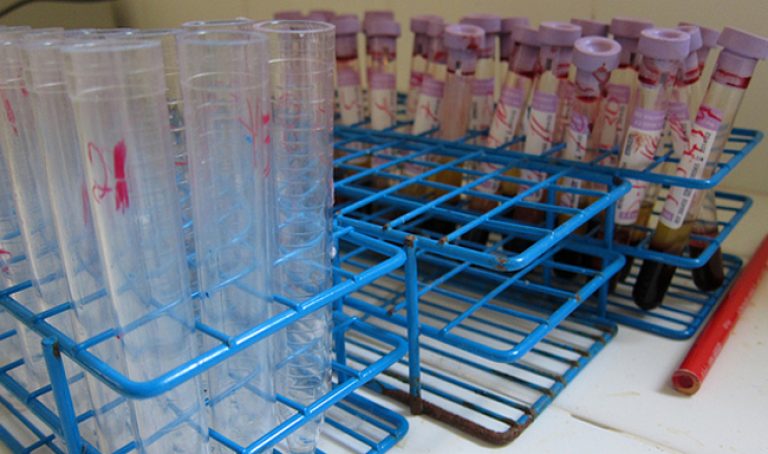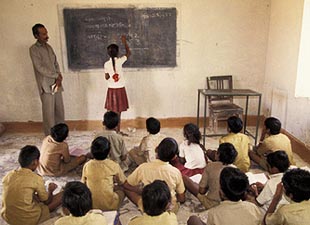
Together, the epidemiological and DNA sequence evidence made a solid case that the outbreak was imported from Nepal. Besides the moral and legal implications this conclusion may have for the UN, it also drives home the importance of taking precautionary measures to prevent future outbreaks.
Another study found that conventional measures such as diagnostic testing of personnel from cholera-endemic areas, vaccination, and chemoprophylaxis—the preemptive use of drugs to prevent disease—would have dramatically reduced the chances of introducing cholera to Haiti. In particular, chemoprophylaxis would have cut the probability of the outbreak by 91 percent—at the cost of less than US$1 per peacekeeper.
Will things change?
Now that the UN has admitted to a degree of culpability, will things change?
Some might not. The UN still maintains that under international treaties, it is granted immunity from legal action, including a lawsuit filed by human rights activists on behalf of several Haitian families for billions of dollars in damages. And while the UN does have a US$2 billion plan to contain the epidemic and build proper sanitation infrastructure in Haiti, only a fraction of the money has so far been raised.
At the same time, however, observers view this acknowledgement as a significant shift in position.
A statement issued by the UN on behalf of UN Secretary-General Ban Ki-moon, for its part, has said that it is “actively working to develop a package that would provide material assistance and support to those Haitians most directly affected by cholera.”
Only time will tell if this will develop into concrete details. Meanwhile, yet more lives are being lost as cholera remains firmly entrenched in Haiti.
This article is from a monthly column called The Bug Report. Click here to see the other articles in this series.
———
Copyright: Asian Scientist Magazine; Photo: Shutterstock.
Disclaimer: This article does not necessarily reflect the views of AsianScientist or its staff.












